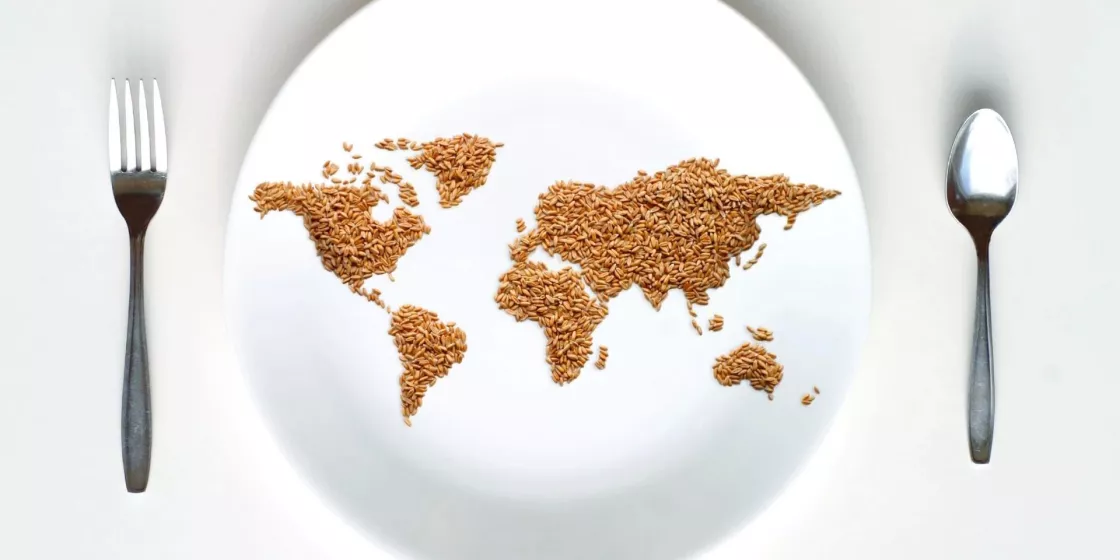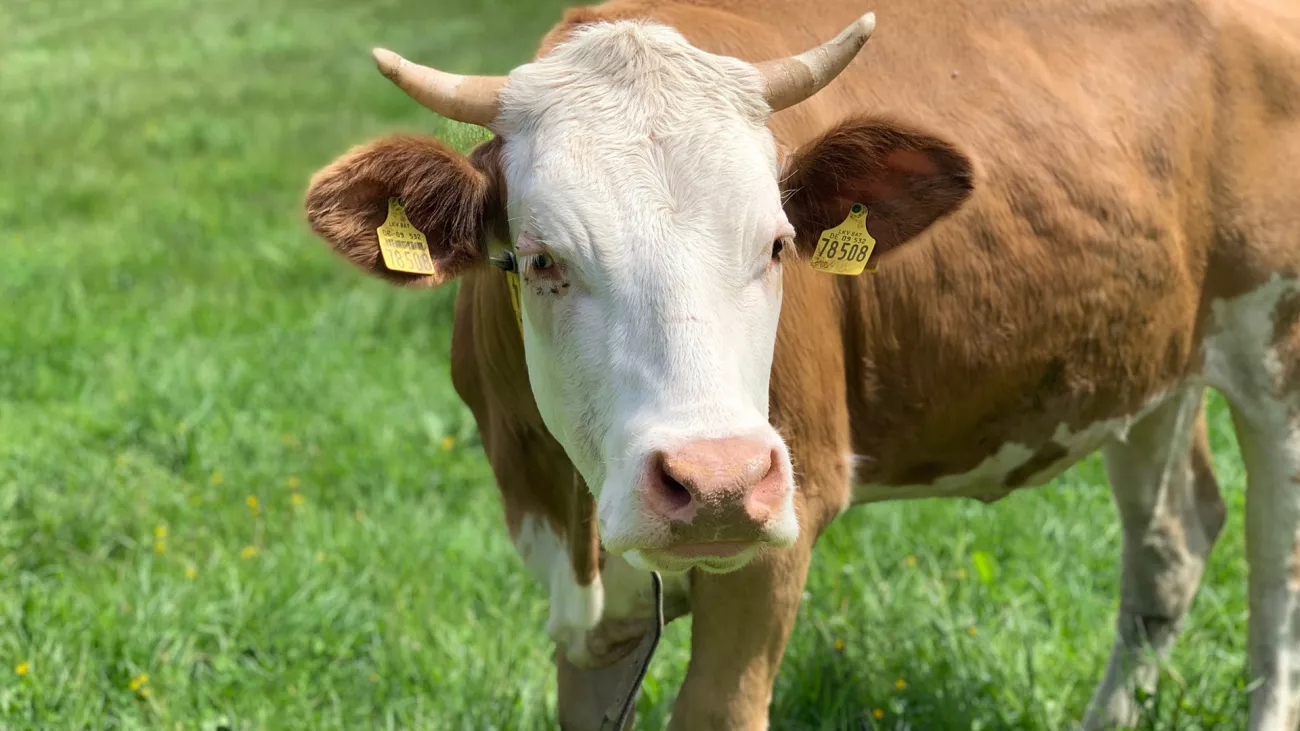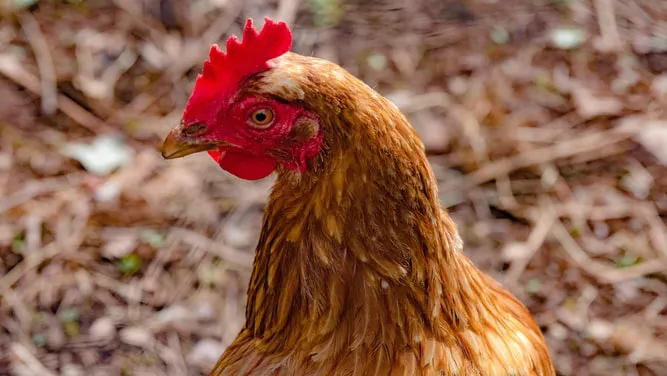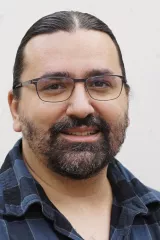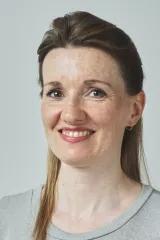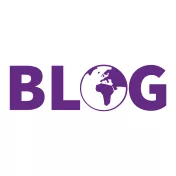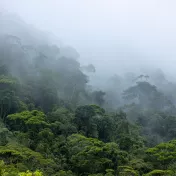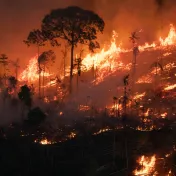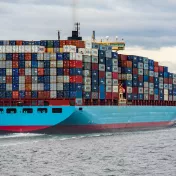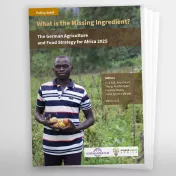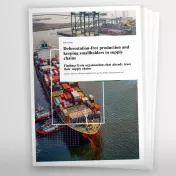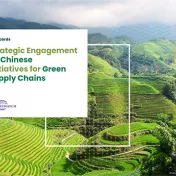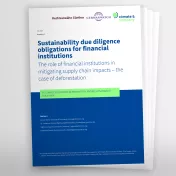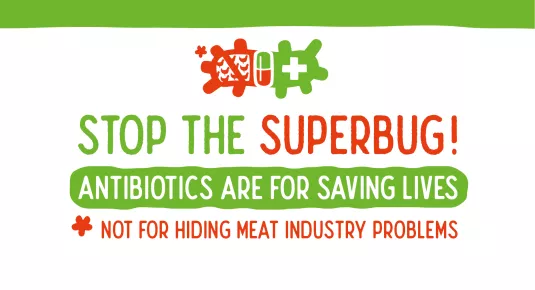
Antibiotics appeal
10 million deaths per year due to antimicrobial resistance (AMR) is the alarming forecast for the year 2050 by the United Nations. This is combined with the global mission: to contain the development of resistance and keep antibiotics effective. This as well addresses the problematic use of antibiotics in industrial animal husbandry. There is a lot that has to be done politically. This is our appeal:
